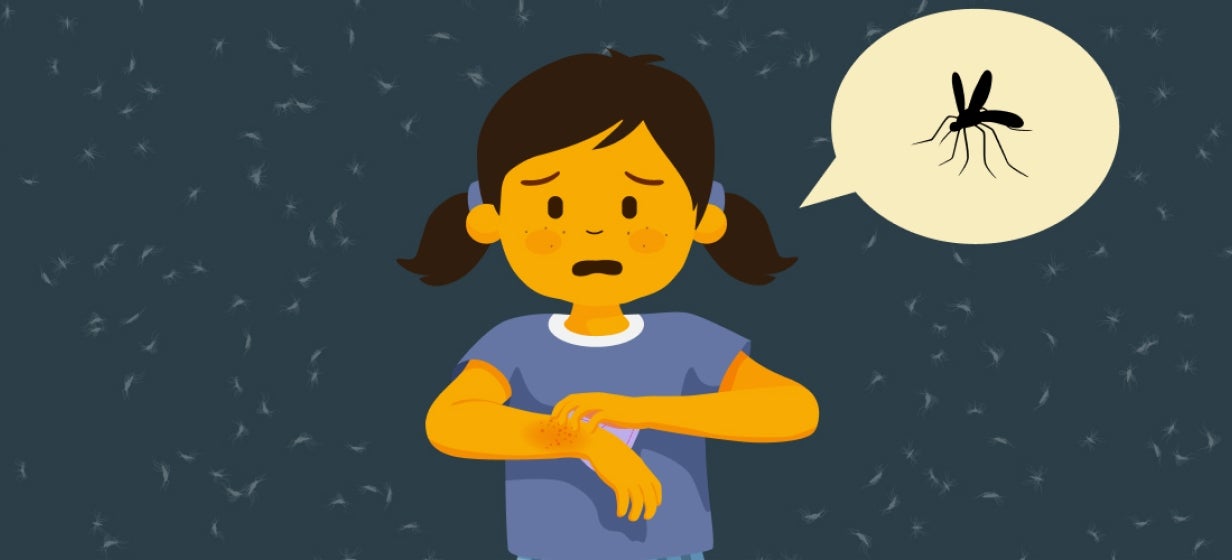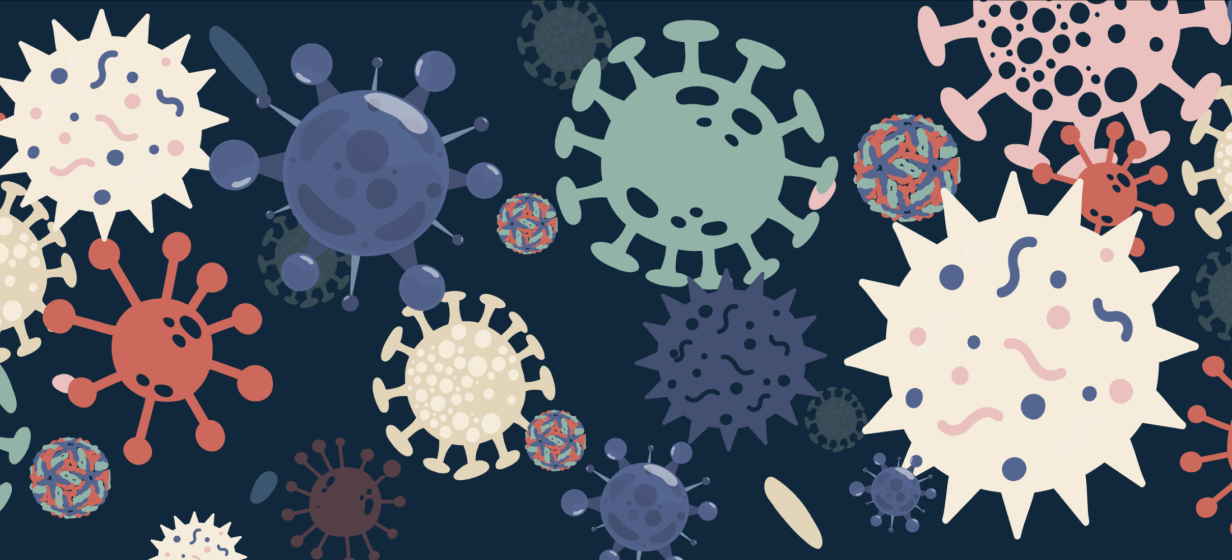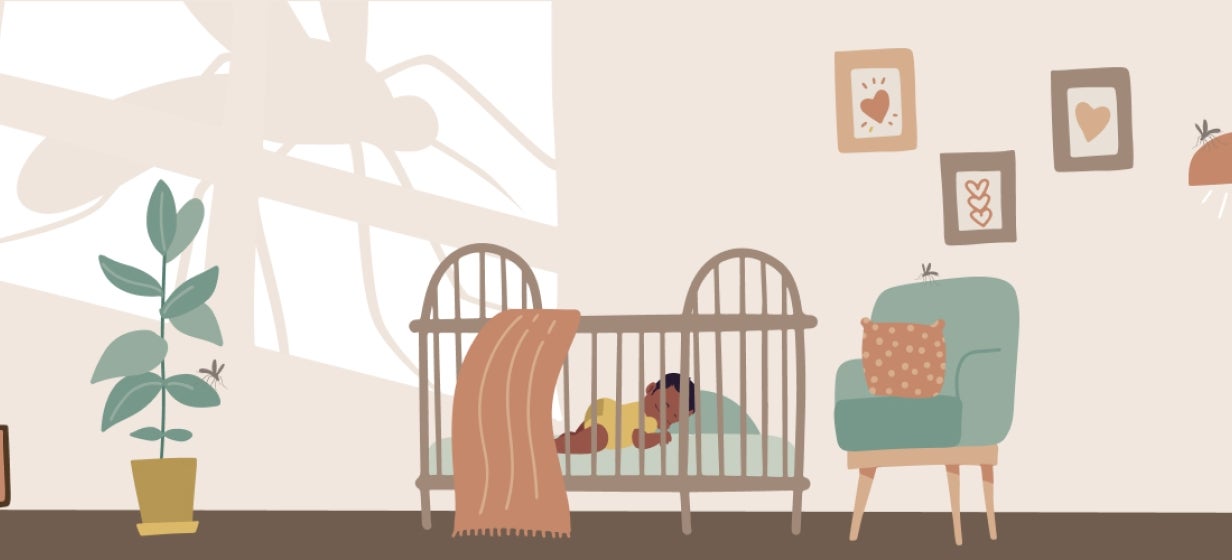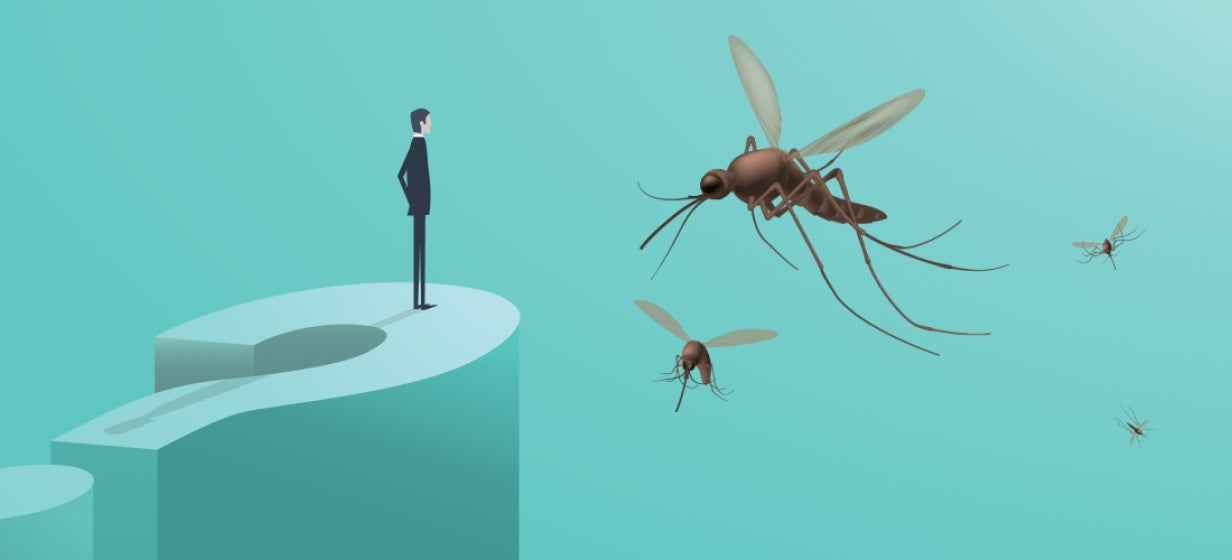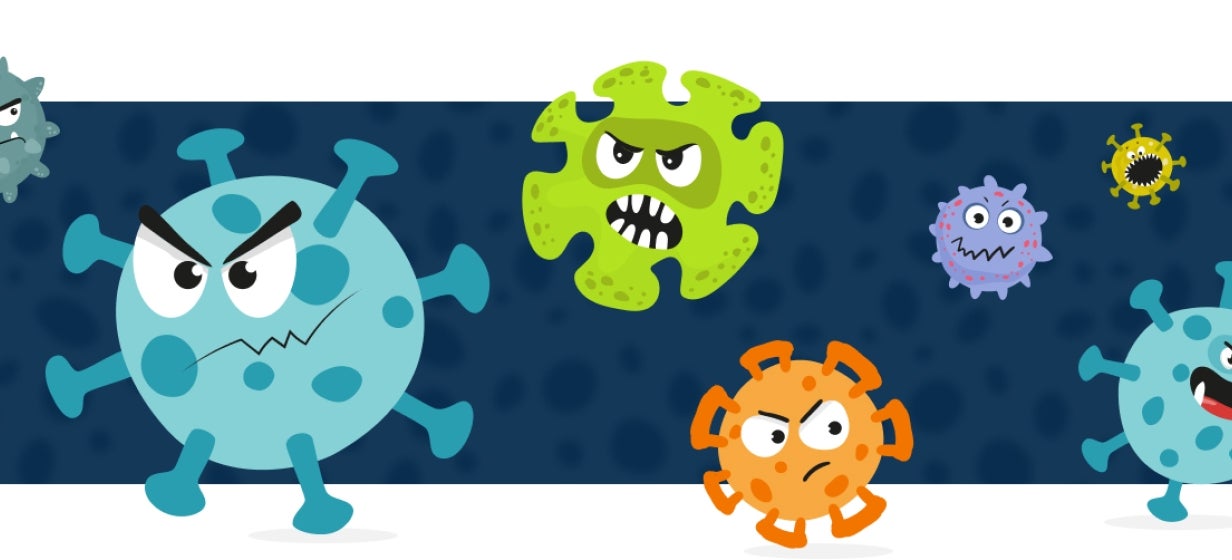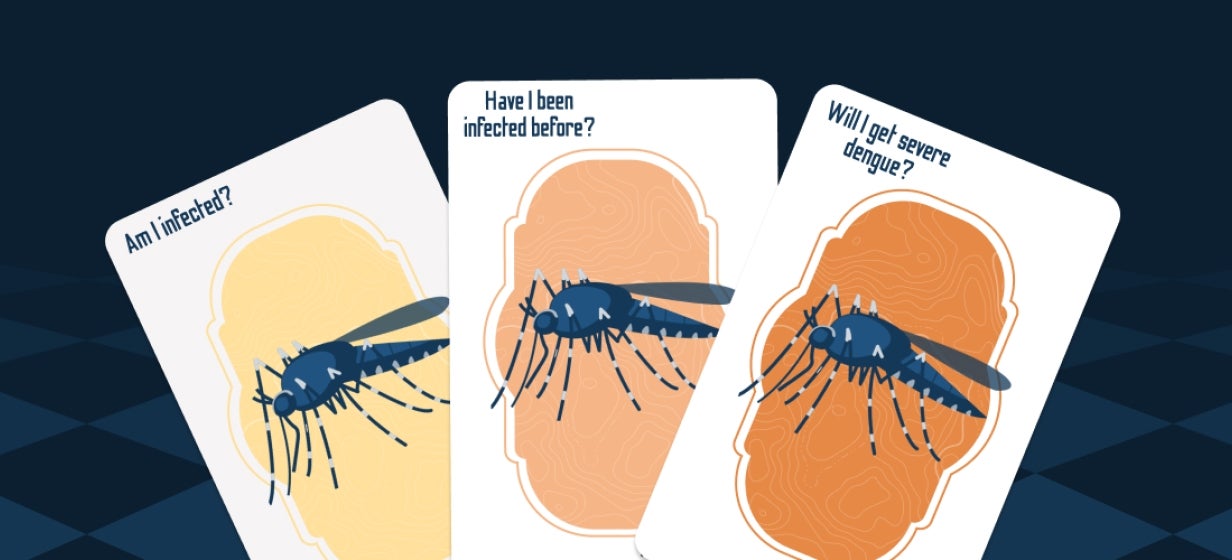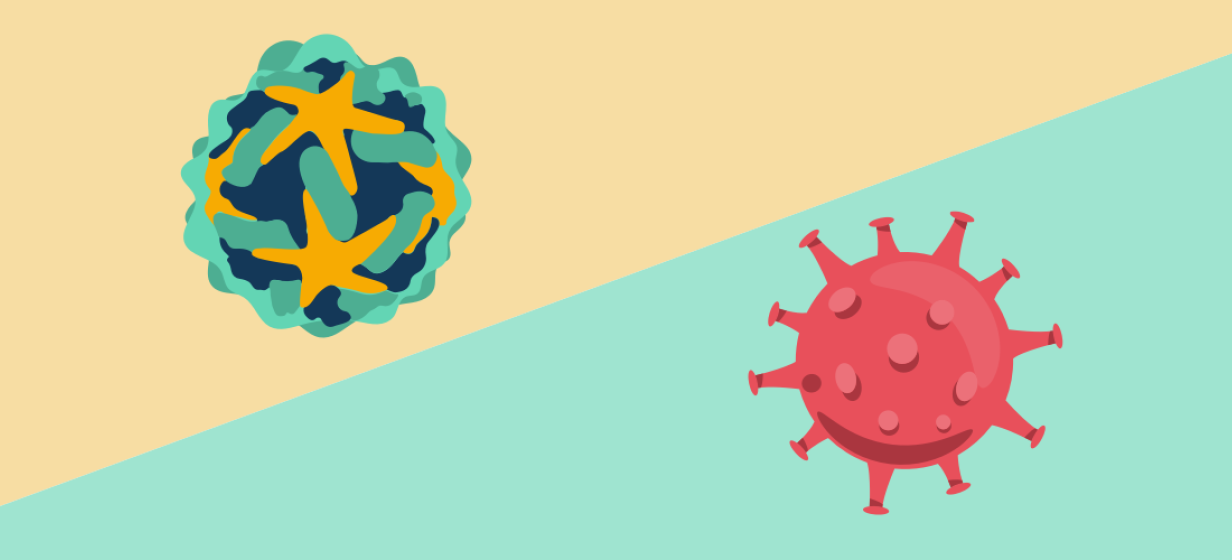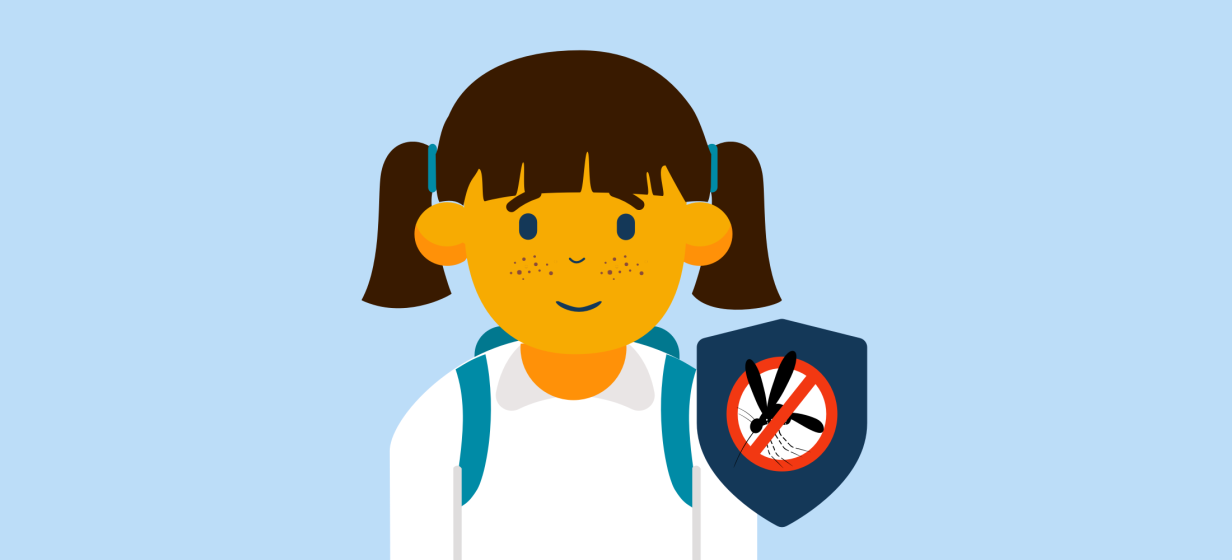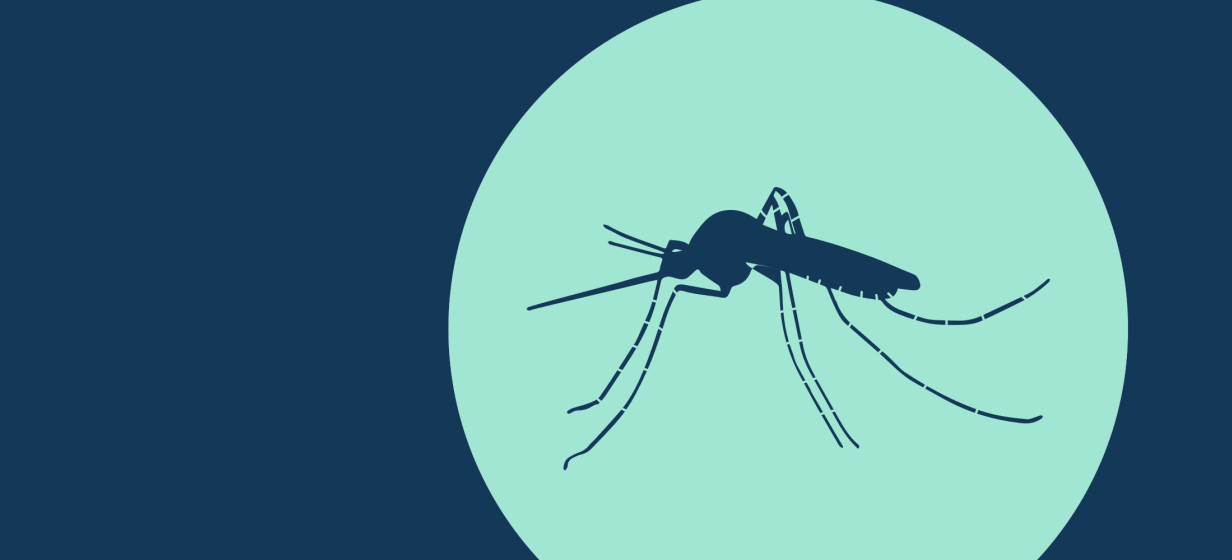Most people that develop symptomatic dengue will have mild symptoms that are manageable at home. However, a small proportion of people will develop severe dengue.
It is estimated by CDC that approximately 44,000 people die from severe dengue each year.1
What are dengue symptoms like?
Being ill for any reason can be unpleasant and disruptive but symptoms of mild dengue (fever, nausea, rash, and aches) should resolve on their own after about a week.1
Severe dengue, on the other hand, is a medical emergency that requires immediate attention.1 It usually develops 3-7 days after the illness first starts.2
Warning signs of severe dengue include:2
- Severe stomach pain
- Persistent vomiting
- Bleeding from gums
- Feeling tired
- Rapid breathing
- Restlessness
- Blood in vomit and stool
If you experience any of these symptoms, or have any concerns, please contact an HCP or visit the nearest hospital.

What are the practicalities of getting sick with dengue?
As with any disease, getting seriously ill is not usually the only concern. Bear in mind that getting sick from a virus can potentially have some impact on your quality of life. For example, by resulting in time off work, post-infection fatigue or weakness,4 and not least of all, a ruined holiday. Further research is needed to fully understand post-infection fatigue from dengue, but it is estimated to occur in around 1 in 4 people who get sick with dengue.5

















